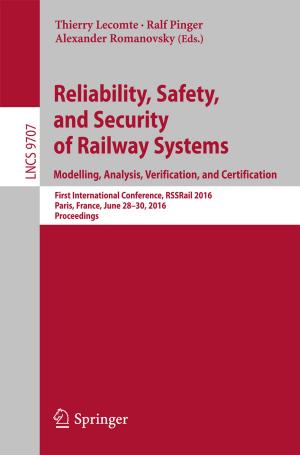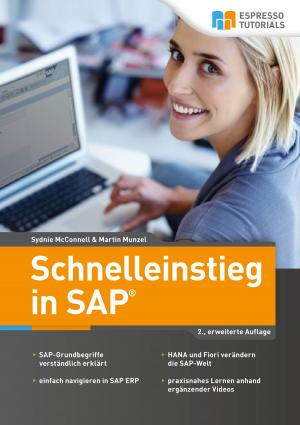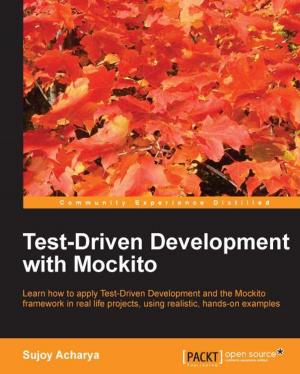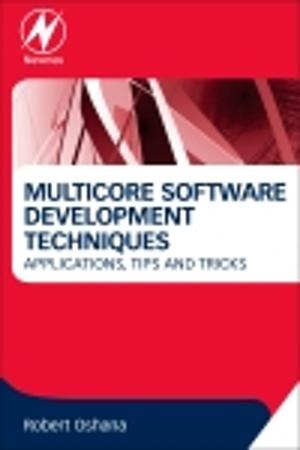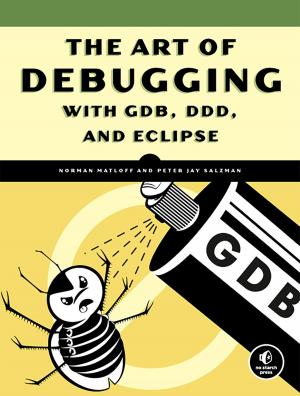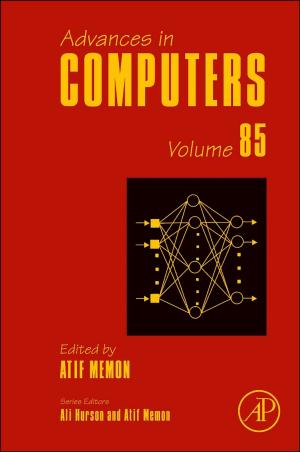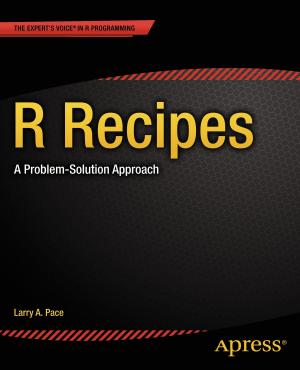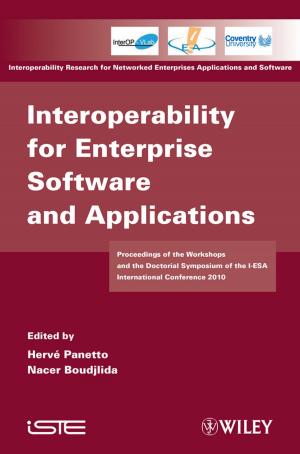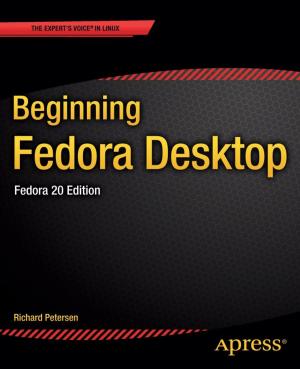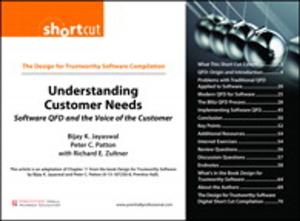The Boost C++ Libraries
Nonfiction, Computers, Programming, C & C++, C++, Programming Languages, Software Development| Author: | Boris Schäling | ISBN: | 1230000171604 |
| Publisher: | Boris Schäling | Publication: | April 21, 2012 |
| Imprint: | Language: | English |
| Author: | Boris Schäling |
| ISBN: | 1230000171604 |
| Publisher: | Boris Schäling |
| Publication: | April 21, 2012 |
| Imprint: | |
| Language: | English |
"The Boost C++ Libraries" introduces 38 general purpose Boost libraries. They should be of great use to C++ developers - no matter what industry they work in and no matter what software they create.
The most important goal of the book is to increase your efficiency as a C++ developer. You will learn how to use the Boost libraries to write less code with fewer bugs and finish projects faster. And you will see how the Boost libraries help you write more concise code that is more easily maintained and more easily understood by others.
Just as "The Boost C++ Libraries" focuses on increasing your efficiency, the author has tried hard to introduce the libraries as efficiently as possible so you can learn about the Boost libraries easily and quickly. Ideally you should be able to read the book in one or two days and understand each Boost library immediately, without having to read chapters a second time. Even if you have no experience with any of the 38 Boost libraries, once you have read the book, you should be able to decide which ones to use and know how to use them.
Although the book is not a reference, you may want to look up chapters from time to time to recall details. It does not replace the official documentation for the Boost libraries; instead it complements it.
The book comes with over 250 examples, which are short but complete - they can be built and run. The idea is to help you quickly understand what classes and functions the Boost libraries offer. Again, it's about getting you up to speed.
The author considers the book a success if you find the 38 Boost libraries introduced easy to use, and if they help you become a more productive C++ developer. He also considers it a success if you go through the book with ease and find the explanations and examples crystal-clear. This book and the Boost libraries should make your life as a C++ developer easier.
"The Boost C++ Libraries" introduces 38 general purpose Boost libraries. They should be of great use to C++ developers - no matter what industry they work in and no matter what software they create.
The most important goal of the book is to increase your efficiency as a C++ developer. You will learn how to use the Boost libraries to write less code with fewer bugs and finish projects faster. And you will see how the Boost libraries help you write more concise code that is more easily maintained and more easily understood by others.
Just as "The Boost C++ Libraries" focuses on increasing your efficiency, the author has tried hard to introduce the libraries as efficiently as possible so you can learn about the Boost libraries easily and quickly. Ideally you should be able to read the book in one or two days and understand each Boost library immediately, without having to read chapters a second time. Even if you have no experience with any of the 38 Boost libraries, once you have read the book, you should be able to decide which ones to use and know how to use them.
Although the book is not a reference, you may want to look up chapters from time to time to recall details. It does not replace the official documentation for the Boost libraries; instead it complements it.
The book comes with over 250 examples, which are short but complete - they can be built and run. The idea is to help you quickly understand what classes and functions the Boost libraries offer. Again, it's about getting you up to speed.
The author considers the book a success if you find the 38 Boost libraries introduced easy to use, and if they help you become a more productive C++ developer. He also considers it a success if you go through the book with ease and find the explanations and examples crystal-clear. This book and the Boost libraries should make your life as a C++ developer easier.

